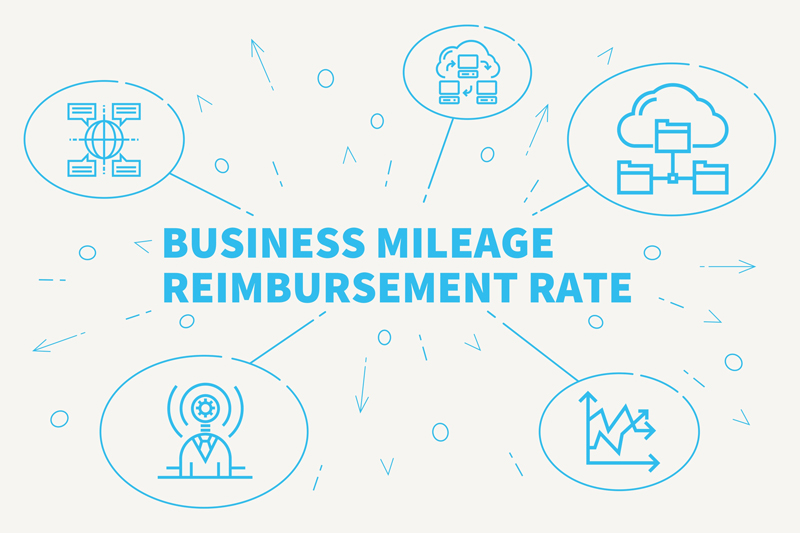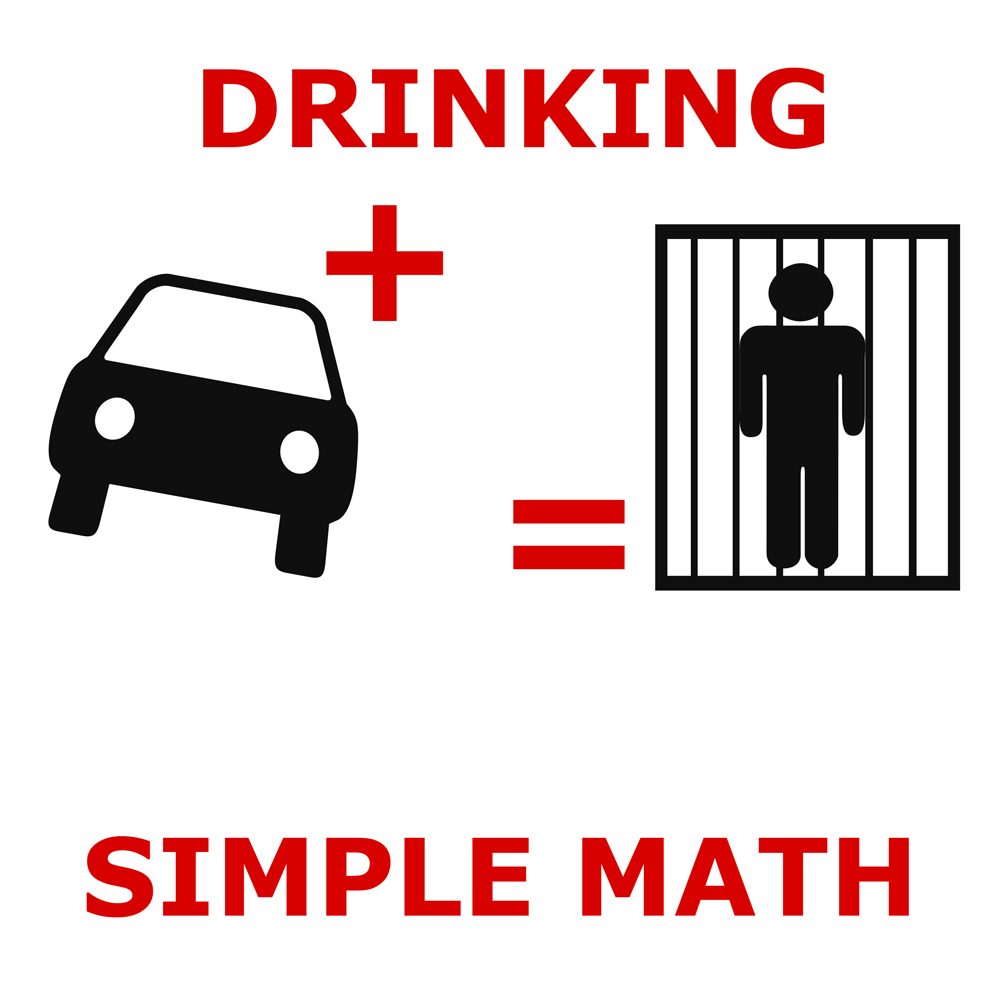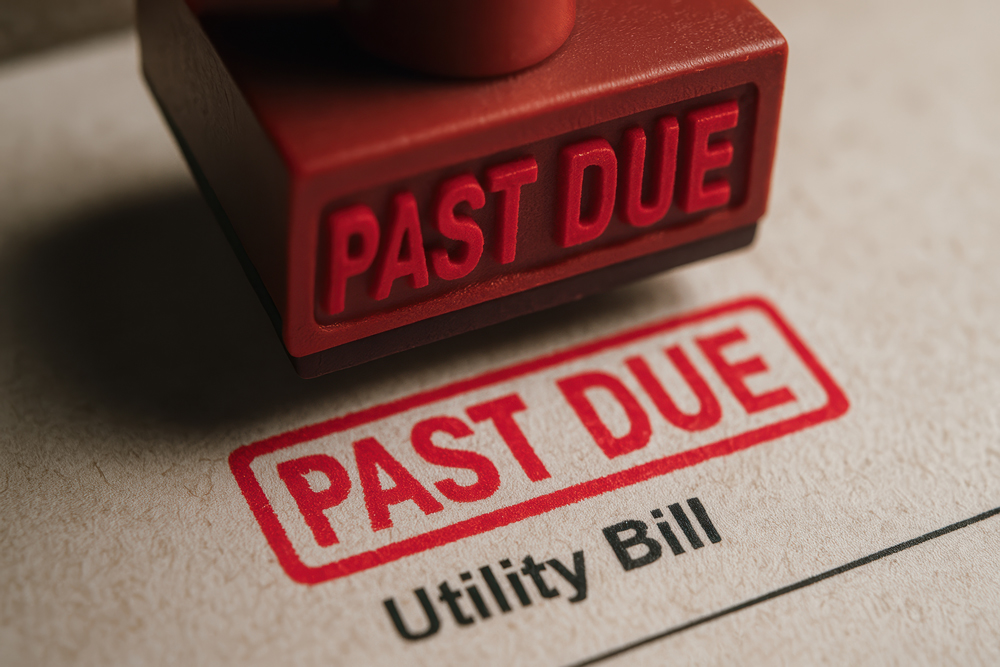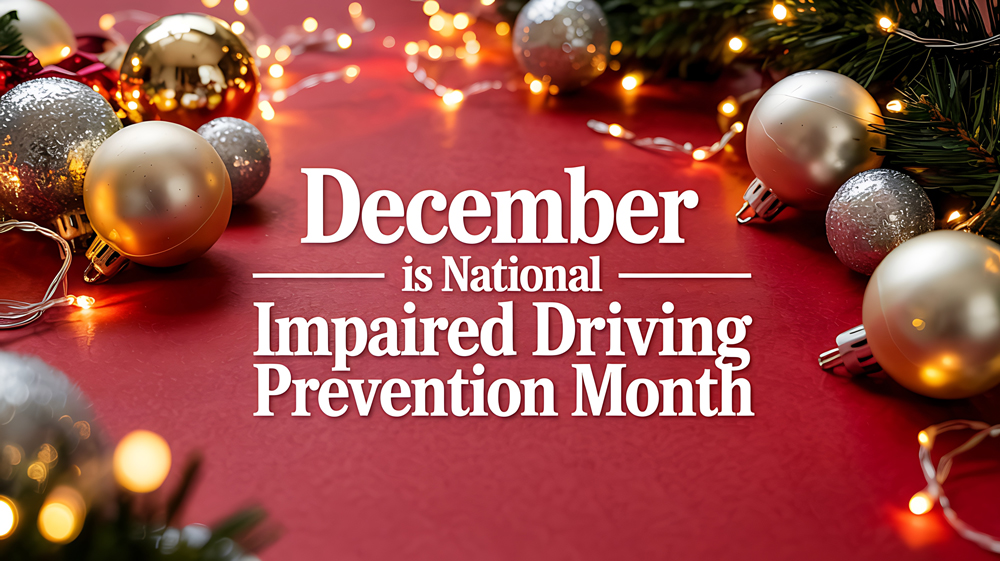Many individuals and small businesses have adopted peer-to-peer payment apps like Venmo, Paypal, and Cash App (“P2P platforms”) to make convenient mobile money transfers. These P2P platforms provide an easy and convenient way to split a restaurant bill with friends, make gifts to family members, pay a babysitter, or make or collect a payment for a business. Many of the payments made and received through these P2P platforms constitute part of a taxable transaction. But in many cases, the transactions have not been reported for tax purposes. Changes are on the horizon.
Beginning in 2022, P2P platforms will be required to report a user’s business transactions to the IRS if the user receives more than $600 for goods or services in the year. Under prior rules, the P2P platforms were only required to send a user a Form 1099 if their gross income exceeded $20,000, or if the user had 200 separate transactions, within a calendar year. Under the new rules, for those users who exceed the $600 threshold in 2022, the P2P platforms will send out 1099-K tax forms to report income to be included on the user’s 2022 income tax return.
In order to properly accomplish this task, the P2P platforms will likely start asking users to provide additional information including whether the payment was for business or personal purposes, and the user’s employer identification number or social security number.
If a user is running a business and receive some or all of your payments through a P2P platform, the user should set up a separate business account. Otherwise, business and personal items will be commingled, and the P2P platform could be reporting personal payments to the IRS as business payments. A user doesn’t need to have a big business or a storefront or employees to be subject to these rules. If a user mows grass, babysits, cuts hair, or provides any other good or service, and receives payment of more than $600 in a year through a P2P platform, the platform will report the payments to the IRS.
And it works the other way too. If a user is running a business and making payments through a P2P platform or otherwise for business purposes, the user has an obligation to file a Form 1099 to report those persons or entities to whom the user paid more than $600 for goods or services in a calendar year.
It is always important for a business owner to properly document and keep detailed records of expenses of operating their business, including any payments made through P2P platforms. The IRS considers the use of a P2P payment platform to pay bills the same as paying cash. By itself, proof of payment through a P2P platform is still an unsubstantiated payment. The business owner needs additional documentation such as invoices, receipts, or expense reports to support the business purpose of such payments.
Please contact one of our tax and business attorneys at 937-223-1130 or Jsenney@pselaw.com.













